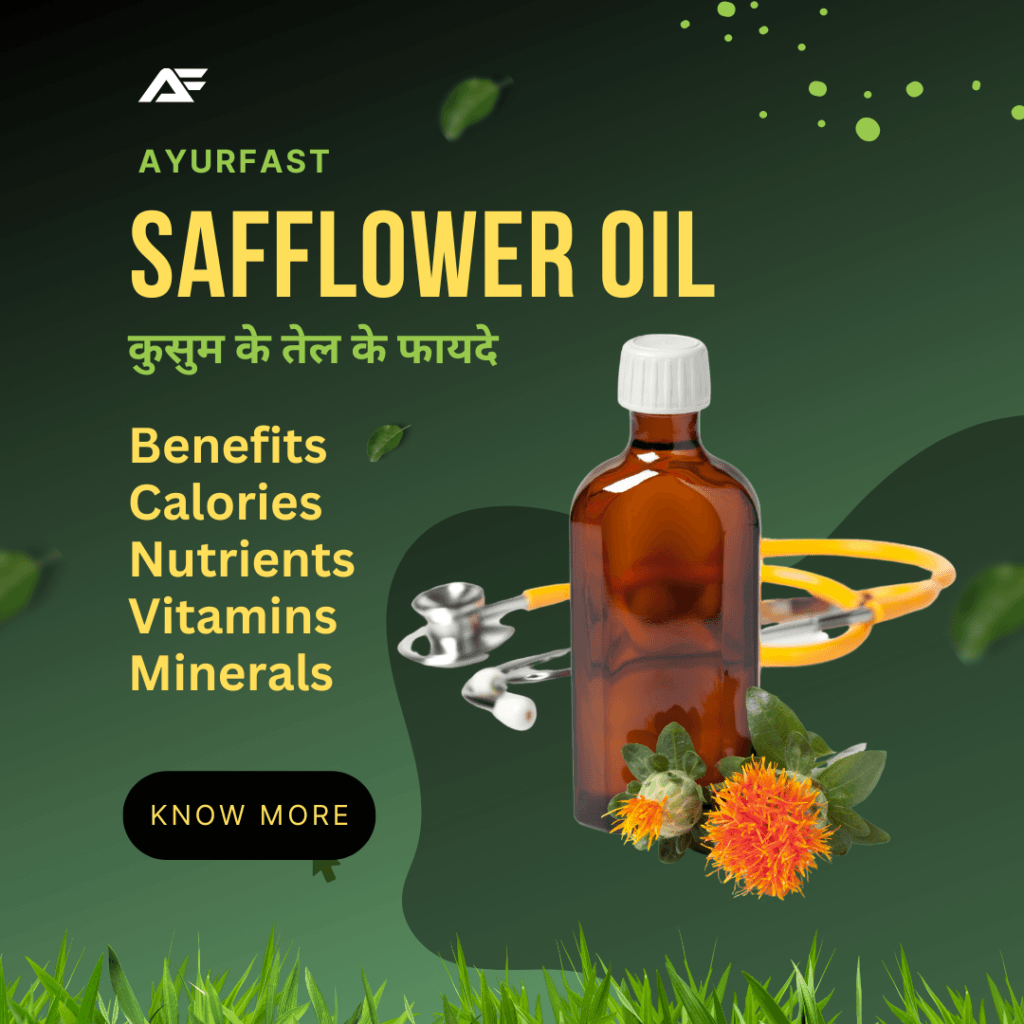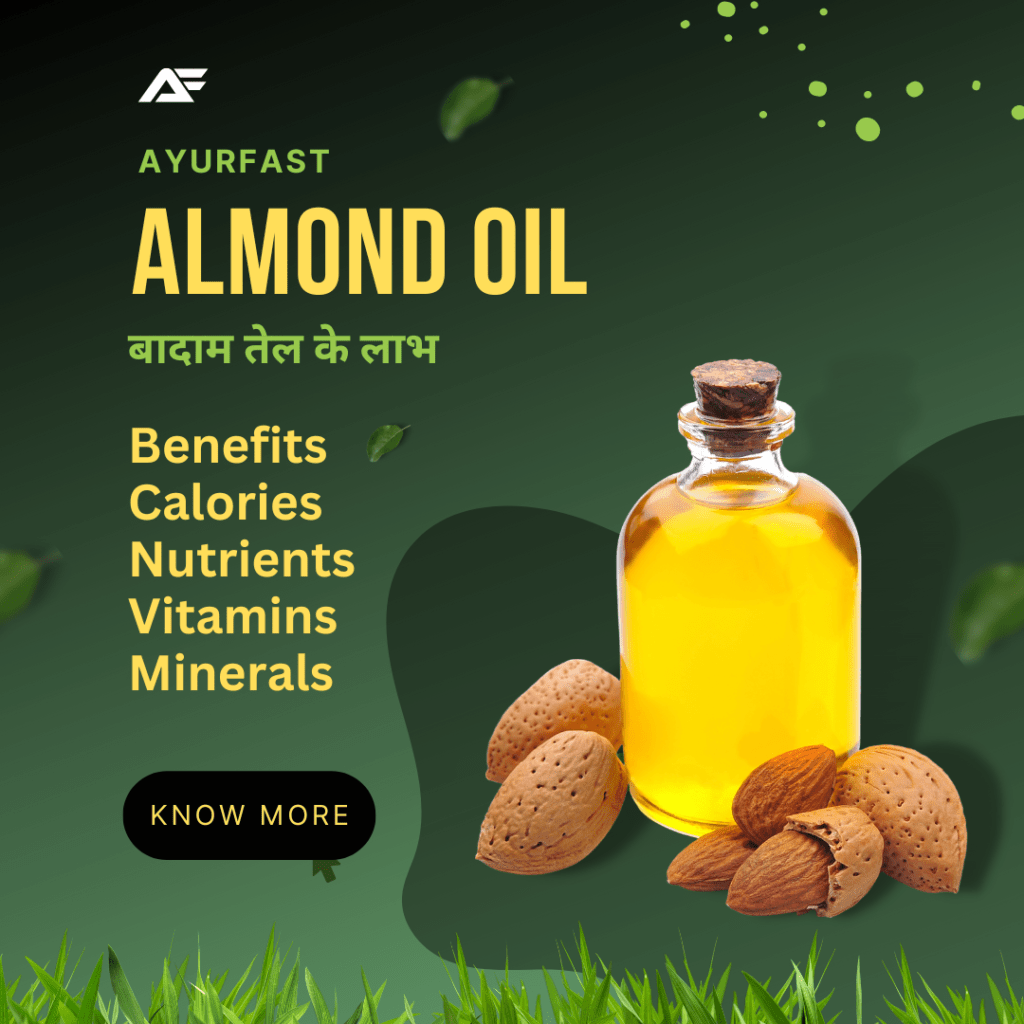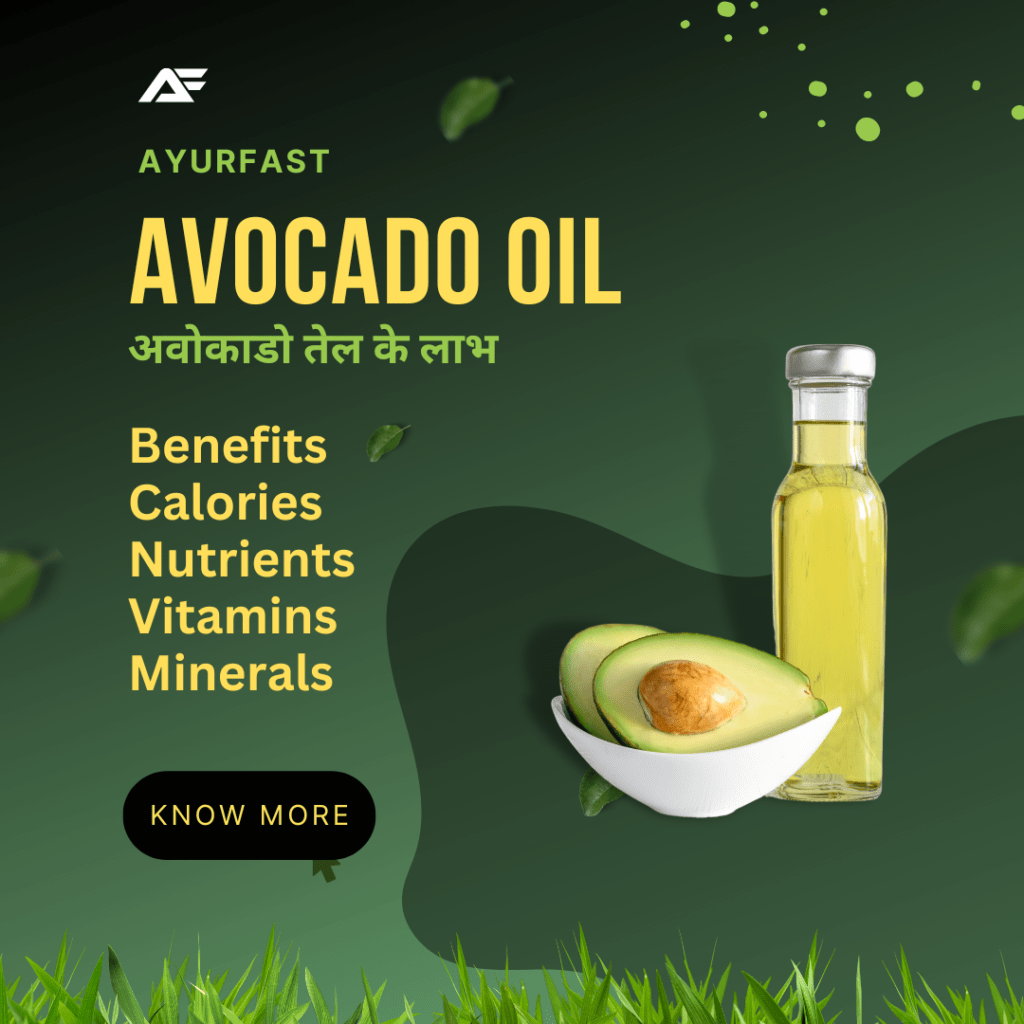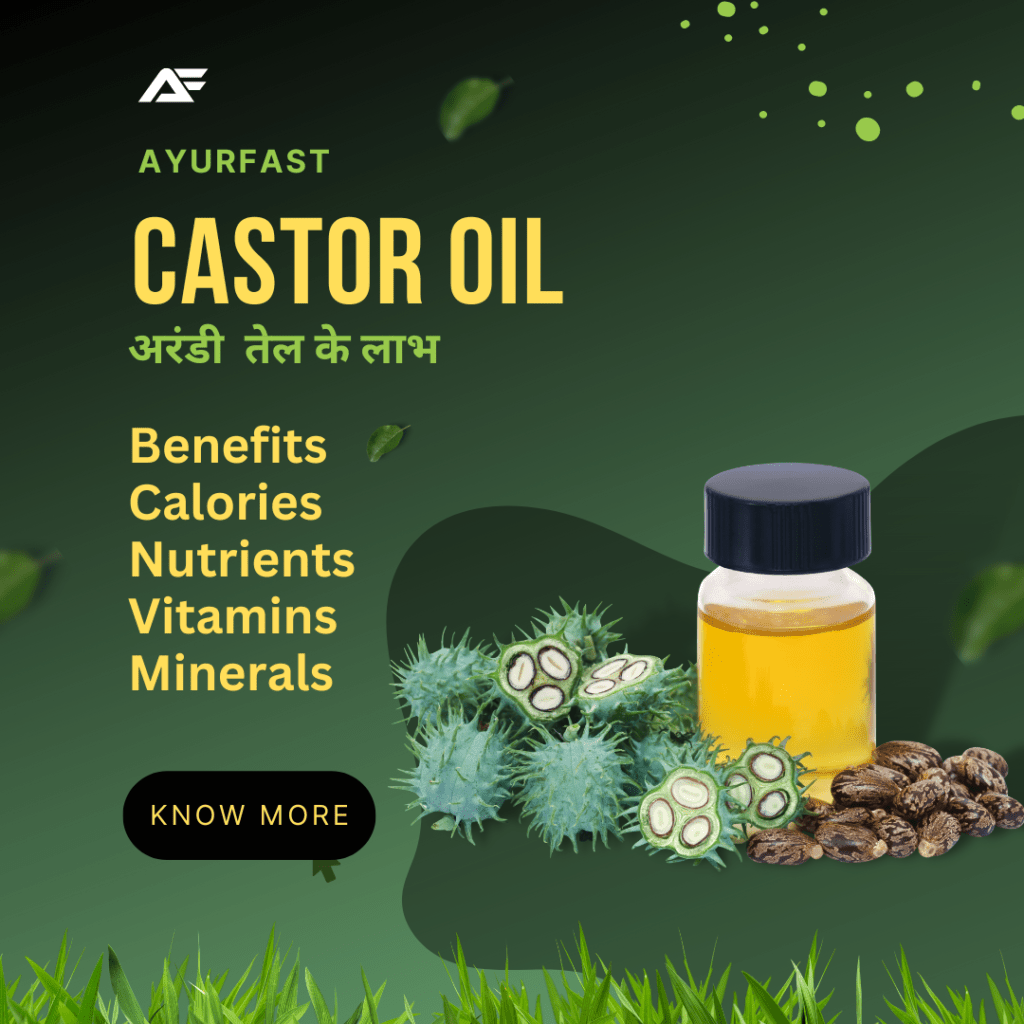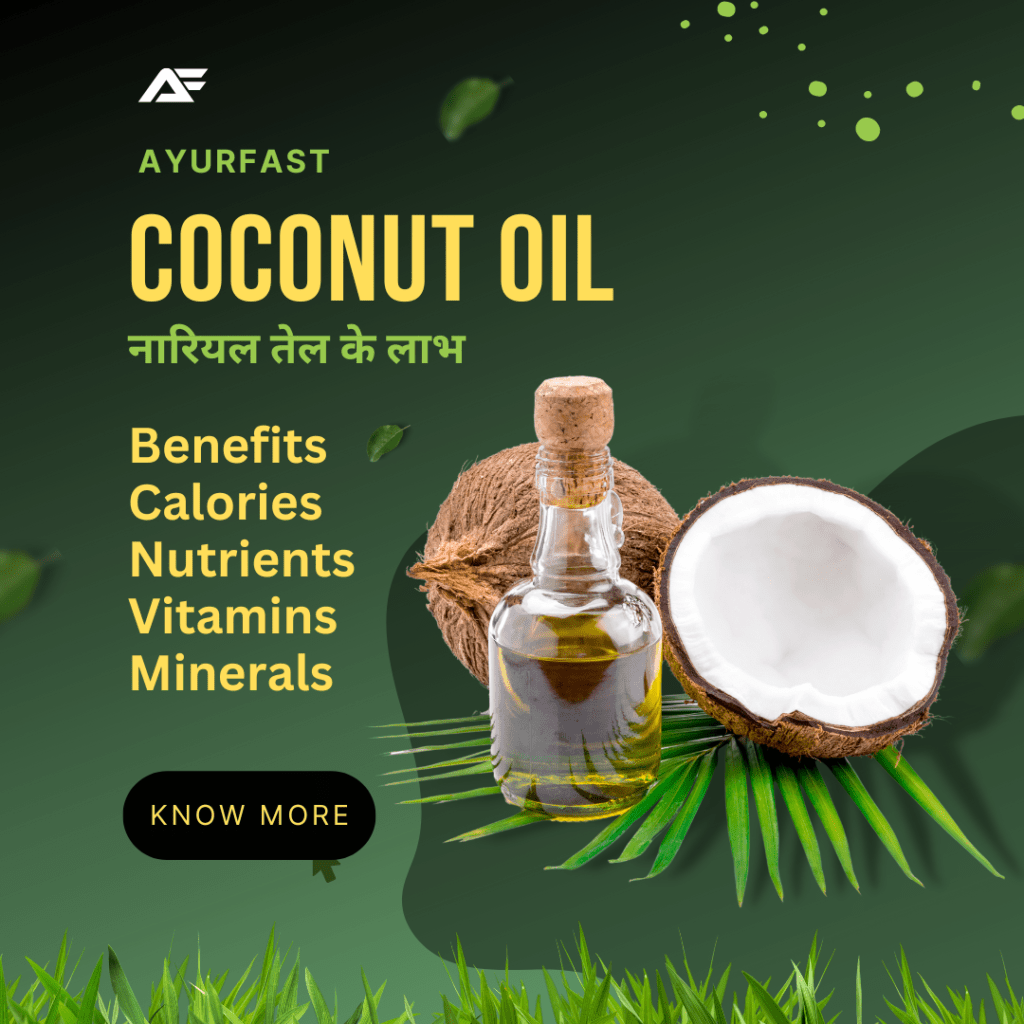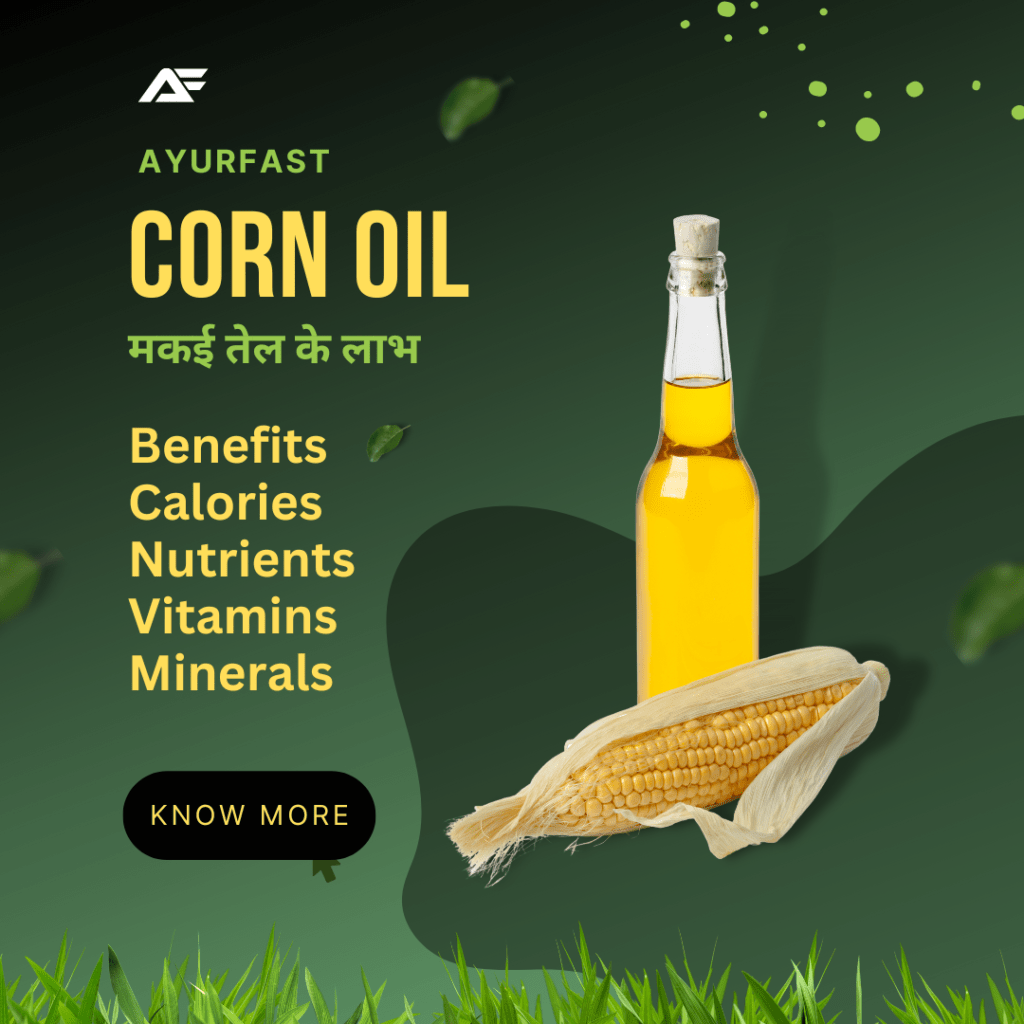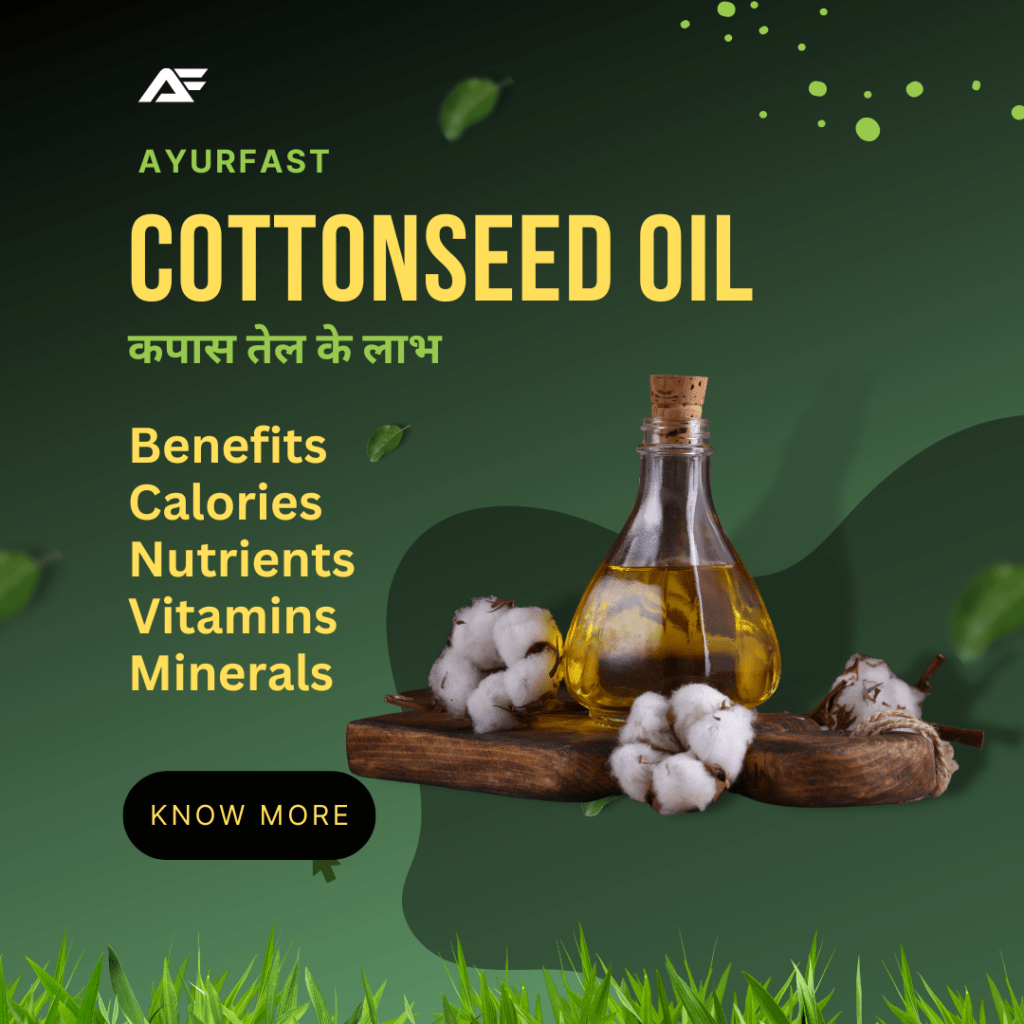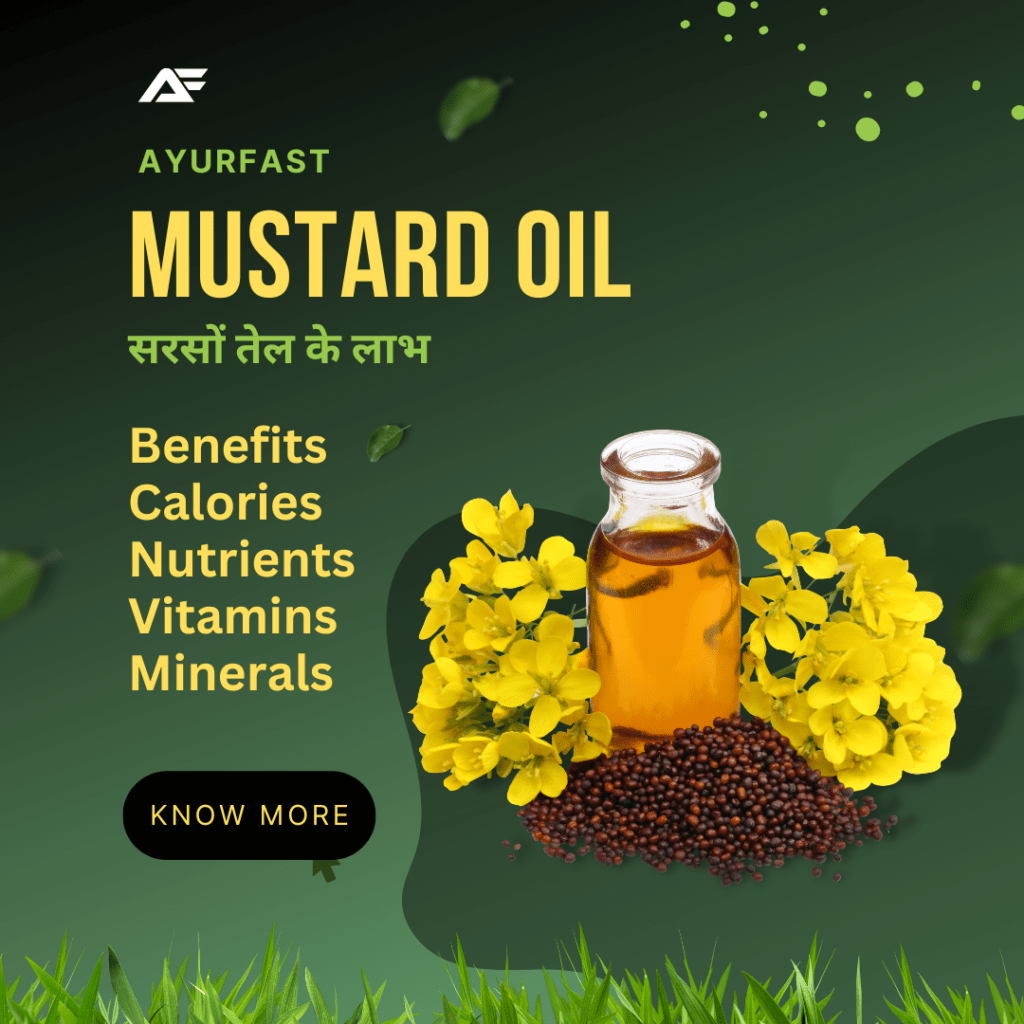
About
Safflower oil is a clear, colorless, odorless oil that is commonly used in cooking, cosmetics, and as a dietary supplement. It is high in polyunsaturated fatty acids, especially linoleic acid, which makes up approximately 75% of its fatty acid composition.
Health benefits:
- Heart health: Safflower oil has been shown to improve cholesterol levels and reduce inflammation, which can lower the risk of heart disease.
- Blood sugar control: Safflower oil may improve insulin sensitivity and help regulate blood sugar levels.
- Skin health: The linoleic acid in safflower oil may help to moisturize and soothe dry, irritated skin.
- Weight loss: Some studies suggest that safflower oil may help to reduce body fat and increase lean muscle mass.
Health risks:
- Overconsumption of safflower oil may lead to digestive problems, such as diarrhea or nausea.
- Safflower oil may increase the risk of bleeding, especially when combined with certain medications or supplements.
- Safflower oil is high in calories and should be consumed in moderation, especially for those trying to lose weight.
Preparation method:
Safflower oil is extracted from the seeds of the safflower plant using a mechanical expeller-press method or a chemical solvent extraction method.
List of treatments:
Safflower oil can be used in a variety of ways, including:
- Cooking: Safflower oil has a high smoke point and can be used for high-heat cooking methods like frying, baking, and roasting.
- Cosmetics: Safflower oil is often used in skincare products, hair conditioners, and massage oils.
- Dietary supplement: Safflower oil can be taken as a dietary supplement in capsule form.
Harms of overdose:
Overconsumption of safflower oil can lead to digestive problems, such as diarrhea or nausea. It may also increase the risk of bleeding, especially when combined with certain medications or supplements.
Per day maximum consumption:
The recommended daily intake of safflower oil varies based on age, sex, and activity level. Here are the maximum recommended amounts per day:
- Child: 1 tablespoon (15 ml)
- Adult man: 2 tablespoons (30 ml)
- Adult woman: 1.5 tablespoons (22.5 ml)
Energy and Macronutrients Content of Safflower oil (per 50g serving)
| Nutrient | Amount |
|---|---|
| Energy | 436 calories |
| Carbohydrates | 0 g |
| Fats | 50 g |
| Proteins | 0 g |
| Fiber | 0 g |
| Water | 0 g |
Micronutrient Content of Safflower oil (per 50g serving)
| Vitamin | Amount |
|---|---|
| Vitamin A | 0 IU |
| Vitamin B1 (Thiamin) | 0.03 mg |
| Vitamin B2 (Riboflavin) | 0.04 mg |
| Vitamin B3 (Niacin) | 0 mg |
| Vitamin B6 | 0 mg |
| Vitamin B12 | 0 mcg |
| Vitamin C | 0 mg |
| Vitamin D | 0 IU |
| Vitamin E | 9.8 mg |
| Vitamin K | 0 mcg |
| Folate | 0 mcg |
| Biotin | 0 mcg |
Mineral Content of Safflower oil (per 50g serving)
| Mineral | Amount |
|---|---|
| Calcium | 2 mg |
| Iron | 0.4 mg |
| Iodine | 0 mcg |
| Zinc | 0.3 mg |
| Magnesium | 0 mg |
| Phosphorus | 0 mg |
| Potassium | 0 mg |
| Sodium | 0 mg |
| Chloride | 0 mg |
| Copper | 0.1 mg |
| Chromium | 0 mcg |
| Fluoride | 0 mcg |
| Molybdenum | 0 mcg |
| Manganese | 0 mg |
| Selenium | 0 mcg |
What is Safflower oil good for?
Safflower oil is a healthy cooking oil that can help promote heart health, lower cholesterol, and aid in weight loss.
Is Safflower oil good for your skin?
Yes, Safflower oil can be beneficial for the skin as it helps hydrate and moisturize, and may also help reduce inflammation.
What are the benefits of using Safflower oil?
Safflower oil is rich in omega-6 fatty acids, which can help reduce inflammation and promote heart health. It may also aid in weight loss and skin health.
Is Safflower oil good for hair growth?
Yes, Safflower oil can help promote hair growth and improve scalp health due to its high vitamin E content.
What is the smoke point of Safflower oil?
The smoke point of Safflower oil is around 450°F, making it suitable for high-heat cooking methods like frying and baking.
How is Safflower oil made?
Safflower oil is extracted from the seeds of the Safflower plant using a cold-press or expeller-press method.
Is Safflower oil healthier than olive oil?
Safflower oil and olive oil both have health benefits, but Safflower oil is higher in omega-6 fatty acids, while olive oil is higher in monounsaturated fats.
What are the health benefits of Safflower oil?
The health benefits of Safflower oil include improved heart health, lower cholesterol levels, weight loss, and reduced inflammation.
How to use Safflower oil for weight loss?
Safflower oil can be used as a cooking oil, added to salad dressings, or taken as a supplement to aid in weight loss.
Is Safflower oil high in omega-6?
Yes, Safflower oil is high in omega-6 fatty acids, which can be beneficial for heart health and reducing inflammation.
Is Safflower oil anti-inflammatory?
Yes, Safflower oil has anti-inflammatory properties due to its high omega-6 fatty acid content.
Can Safflower oil lower cholesterol?
Yes, Safflower oil can help lower cholesterol levels and promote heart health.
Is Safflower oil good for frying?
Yes, Safflower oil has a high smoke point and is suitable for high-heat cooking methods like frying.
Is Safflower oil keto-friendly?
Yes, Safflower oil is keto-friendly and can be used as a cooking oil or added to recipes to increase fat content.
Is Safflower oil good for salad dressing?
Yes, Safflower oil is a good choice for salad dressings as it has a mild flavor and is rich in heart-healthy omega-6 fatty acids.
Is Safflower oil good for cooking?
Yes, Safflower oil is a versatile cooking oil that can be used for a variety of cooking methods, including baking and frying.
Is Safflower oil non-GMO?
Yes, Safflower oil can be found in non-GMO varieties.
Is Safflower oil gluten-free?
Yes, Safflower oil is naturally gluten-free.
Is Safflower oil organic?
Yes, Safflower oil can be found in organic varieties.
What are the side effects of Safflower oil?
While Safflower oil is generally safe for consumption, excessive intake may cause digestive issues, so it's best to consume it in moderation.

